7. Practice Model Photography on Your Friends
It can be challenging to collaborate with other artists if you don’t have photos that show what you can do. Before you start contacting models, stylists, and make-up artists, start with your friends. Make sure you take a lot of fashion-themed pictures. Doing so will make it easier for people to decide if they want to work with you. You can look at magazines and fashion websites. Even Instagram is good for inspiration. Study how famous photographers compose their shots, and recreate them. The goal is not to copy the photos exactly. But to familiarize yourself with the creative and technical aspects of fashion photography. Now that you have an idea for a photoshoot, you can ask a few friends if they’d like their portraits taken. You’re bound to make mistakes when you’re still learning. So you might as well do it around people you’re comfortable with. You don’t have to produce hundreds of pictures right away. Having a dozen images is enough as long as you cover a broad spectrum of styles. Show that you can shoot anything. From black and white fashion photography to editorial fashion photography. Depending on the job, you may need a photo release form.
6. Collaborate With Other Artists to Gain Experience
Now that you have a few photos to show, you can start looking for people to collaborate with. A fashion photographer is no one without a team. If you don’t know any models, stylists, and make-up artists, you can find them. Websites such as Model Mayhem and One Model Place are good places to start. Prepare the small collection of images you took of your friends. These sites will ask you to upload a portfolio. Your images will be a way for other artists to gauge how good you are at fashion photography. If they like what they see, they’ll want to work with you. The same goes when you look at the portfolios of the individuals you want to include in your team. There are artists on these websites asking for monetary compensation. But you’ll also find a good number of them offering what’s called “time for print.” This means they’re willing to provide their service for free as long as you give them photos of the models. This is a perfect way to expand your portfolio without spending any money. And the more you photograph, the more confident you’ll be to take photos of strangers. This is a big hurdle for any aspiring fashion photographer. Even though you’ll be working for free, remember to treat it like a real job. There are many networking sites you can use.
5. Why You Should Retouch Your Fashion Photography
Apart from taking photos, you also need to learn how to retouch your work and make it look better. Adobe Lightroom and Adobe Photoshop are great for this. While these apps have a lot of similarities, they both serve specific purposes as well. There are plenty of technical differences between the two. But these are the important aspects that you need to know: Photoshop has all the components you’ll need for editing photos. It has dozens of tools. These allow you to do anything. From simple retouching to doing complex photo manipulations. Since it has a lot of “moving parts,” it can also be too complicated and time-consuming. If you want to get things done faster, then Lightroom is the perfect app to use. It’s ideal for applying color correction, color grading, and minimal retouching. It may have fewer controls, but it offers a smoother workflow than Photoshop. You can choose one over the other depending on your needs. But it’s a great idea to have them both. Editing requirements vary from one photo to another. Lightroom can work for most of your needs. But you might need Photoshop for more extensive editing. Whether you use Nikon or Canon, you will still need varying degrees of post-processing.
4. Why Finding a Style Is Important
Style is subjective. But there are a few methods you can try to help you find your signature look. First, you need to ask yourself what inspires you the most. Do you enjoy doing street fashion photography? Do you really dislike high fashion professional model photography? Or do you like to mix both? There’s no right or wrong answer, but whatever you choose, work on developing it. You may prefer something a little more glamour, than serious studio photography headshots. You can also study different trends and find ways to break off of them. Let’s use the portrait photography legend Richard Avedon as an example. He didn’t follow the tradition of posing models like mannequins. He made himself stand out by making his subjects move around and pose more freely. His style was so influential. It has become the prevalent approach among model photographers today.
3. Create a Solid Fashion Photography Portfolio
There will be a point where the photos you took of your friends won’t suffice, anymore. This when you stop being a beginner photographer and get started with real models. If you want to be taken seriously, you have to invest in creating a fashion/modelling photography website. Apart from that, you also need a physical portfolio so you don’t need to bring a computer to interviews. Many editors still prefer to review real prints. Everything looks better on paper than on screen, after all. Ask people to help you decide which photos to include, and which ones to discard. Listen to what they have to say. If they have some criticism, acknowledge it. You need to be tough in this industry. Learn from your mistakes and continue improving yourself.
2. Share Your Work on Social Media for More Exposure
Apart from creating a portfolio, sharing your images on social media is a great way to gain exposure. In recent years, Instagram has become the best platform for companies to scout for fresh talent. If you post eye-catching images, modeling agencies might start contacting you. It can take a while to gain a following. Especially since social media is now saturated with fashion photographers. If your work is good and you have a distinct style, you’ll gain people’s attention. The number of your followers will go up. This is necessary for model photographers. Don’t forget to include hashtags along with your images if you want everyone to see your work. Using the basic hashtag #fashionphotography alone will make your photos show up in other people’s Instagram feed. To boost your discoverability, look for the most popular relevant hashtags. Use them every time you post content. Feel free to mix up the keywords every once in a while to increase your audience even more.
1. How to Build a Network in the Fashion Industry
The individuals that you collaborate with are often the first ones that can introduce you to other people. You’ll meet artists who have done bigger gigs and know other professionals. If your work is exemplary, they might be willing to recommend you to their friends in the business. Also feel free to meet and work with more experienced model photographers. Doing things by yourself, especially if you don’t know exactly how to do them can be nerve-wracking. By becoming a model photographer’s assistant, you’ll have a mentor who can teach you a lot about the business. If you do a great job, they might even invite you to work on bigger projects along the way. Stay in touch with everyone you meet because they can be the key to your success. Keep your lines open because you never know when opportunity starts knocking. Using a model agency such as Model Mayhem could be a great start for model photographers. These models can recommend you to their friends and colleagues. If your friends are fashion designers, then all you need are real models. Speak to the above modelling agencies for some professional photographer photo sessions.
Conclusion: Street Photography Quotes
There isn’t exactly a step-by-step process to follow to become a fashion photographer. Keeping these quick tips in mind will make it easier to become a paid professional easier. No matter which path you end up following, keep clicking that shutter. Aim to get as many photos of models as possible.
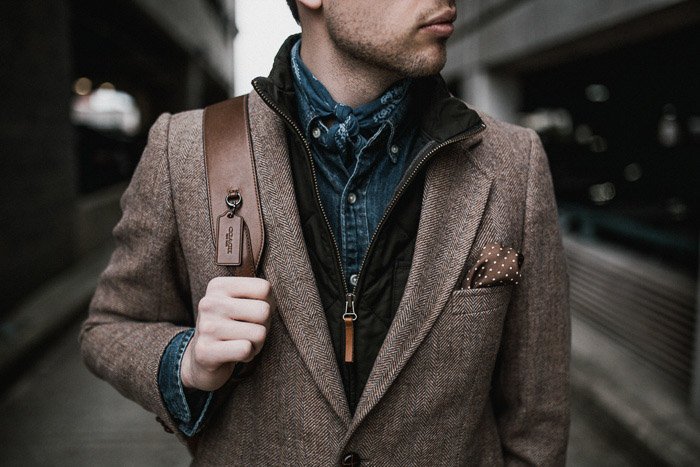

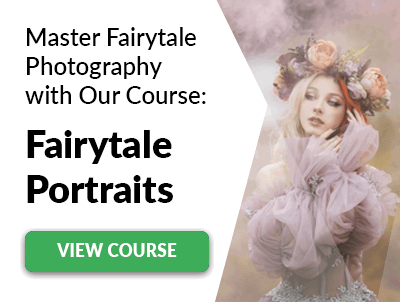
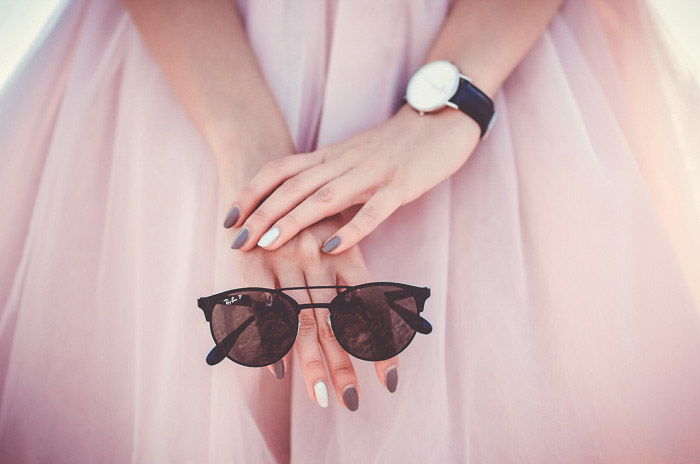
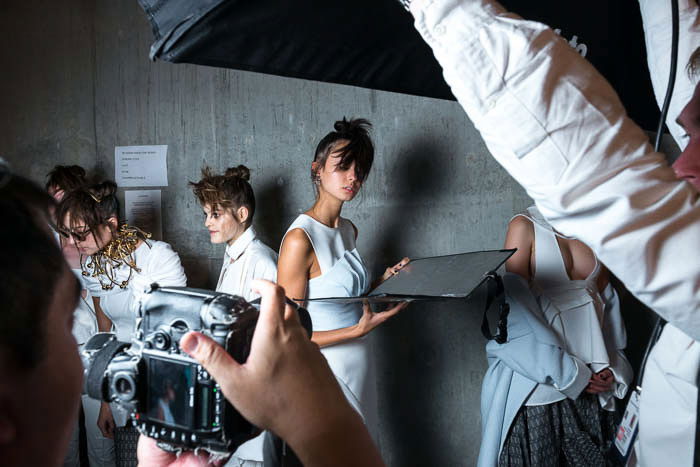
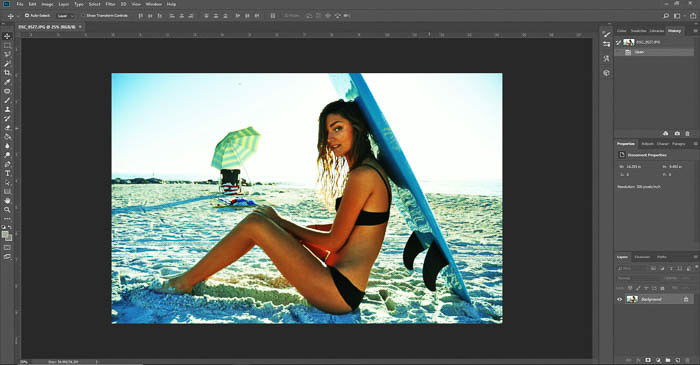
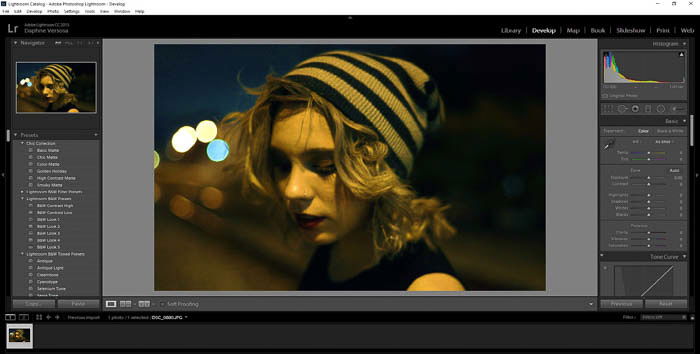
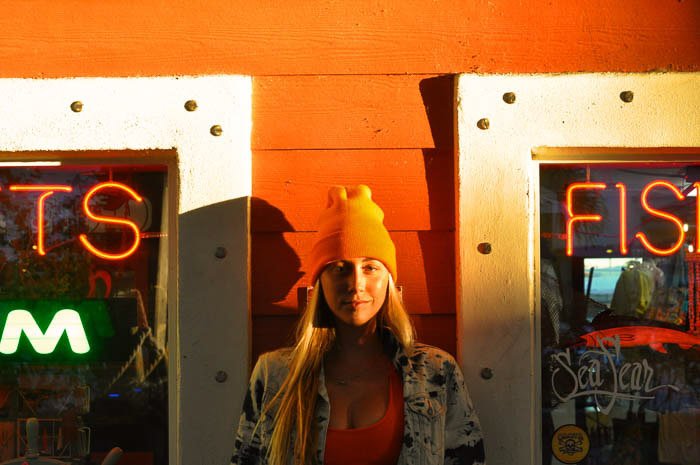
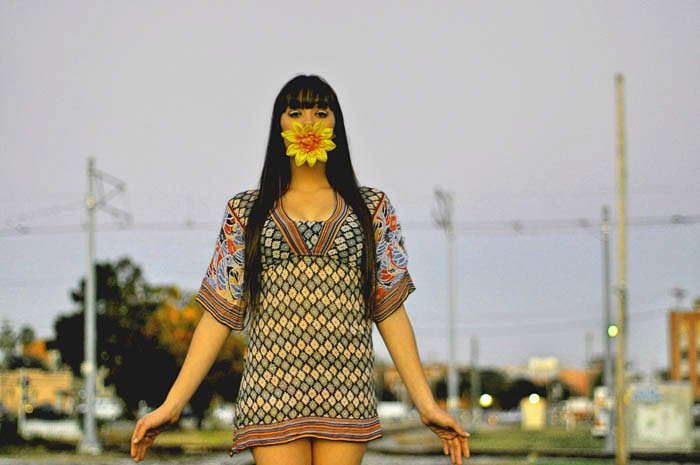
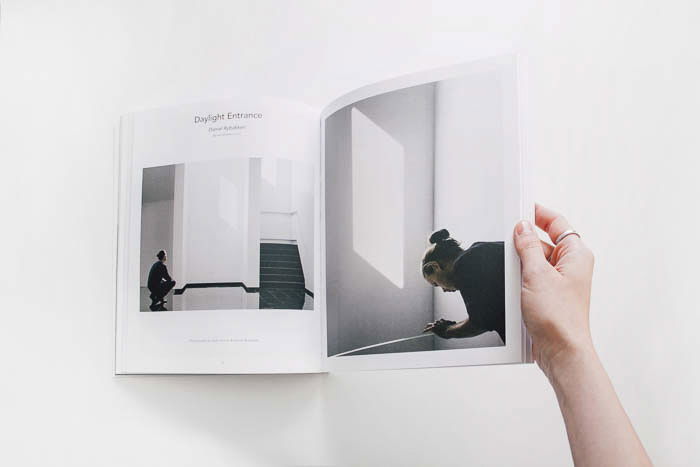
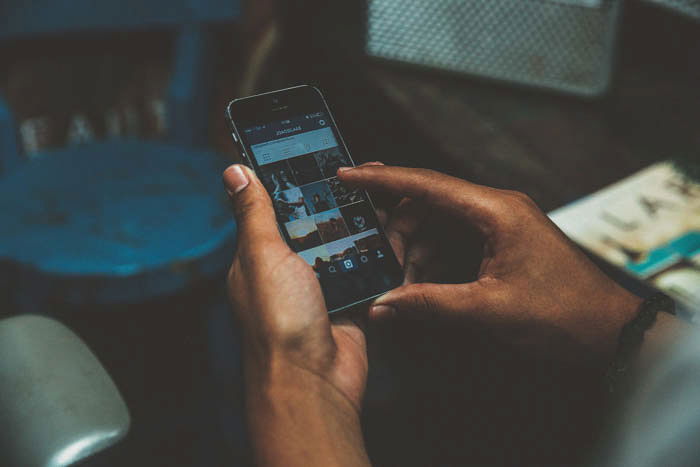
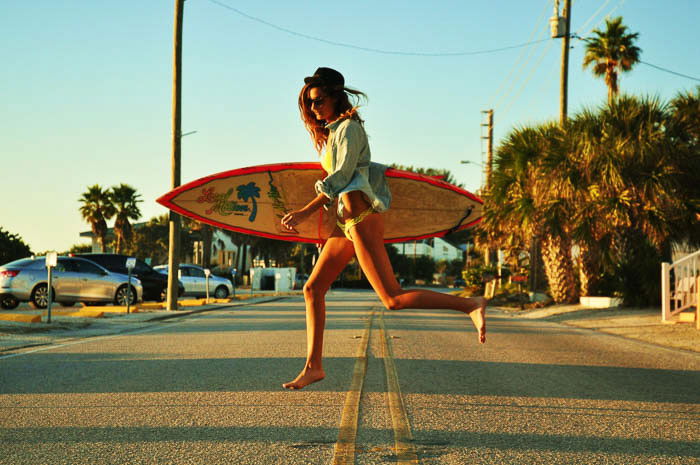
title: “7 Steps To Getting Started In Fashion And Model Photography” ShowToc: true date: “2023-01-09” author: “Betty Boore”
7. Practice Model Photography on Your Friends
It can be challenging to collaborate with other artists if you don’t have photos that show what you can do. Before you start contacting models, stylists, and make-up artists, start with your friends. Make sure you take a lot of fashion-themed pictures. Doing so will make it easier for people to decide if they want to work with you. You can look at magazines and fashion websites. Even Instagram is good for inspiration. Study how famous photographers compose their shots, and recreate them. The goal is not to copy the photos exactly. But to familiarize yourself with the creative and technical aspects of fashion photography. Now that you have an idea for a photoshoot, you can ask a few friends if they’d like their portraits taken. You’re bound to make mistakes when you’re still learning. So you might as well do it around people you’re comfortable with. You don’t have to produce hundreds of pictures right away. Having a dozen images is enough as long as you cover a broad spectrum of styles. Show that you can shoot anything. From black and white fashion photography to editorial fashion photography. Depending on the job, you may need a photo release form.
6. Collaborate With Other Artists to Gain Experience
Now that you have a few photos to show, you can start looking for people to collaborate with. A fashion photographer is no one without a team. If you don’t know any models, stylists, and make-up artists, you can find them. Websites such as Model Mayhem and One Model Place are good places to start. Prepare the small collection of images you took of your friends. These sites will ask you to upload a portfolio. Your images will be a way for other artists to gauge how good you are at fashion photography. If they like what they see, they’ll want to work with you. The same goes when you look at the portfolios of the individuals you want to include in your team. There are artists on these websites asking for monetary compensation. But you’ll also find a good number of them offering what’s called “time for print.” This means they’re willing to provide their service for free as long as you give them photos of the models. This is a perfect way to expand your portfolio without spending any money. And the more you photograph, the more confident you’ll be to take photos of strangers. This is a big hurdle for any aspiring fashion photographer. Even though you’ll be working for free, remember to treat it like a real job. There are many networking sites you can use.
5. Why You Should Retouch Your Fashion Photography
Apart from taking photos, you also need to learn how to retouch your work and make it look better. Adobe Lightroom and Adobe Photoshop are great for this. While these apps have a lot of similarities, they both serve specific purposes as well. There are plenty of technical differences between the two. But these are the important aspects that you need to know: Photoshop has all the components you’ll need for editing photos. It has dozens of tools. These allow you to do anything. From simple retouching to doing complex photo manipulations. Since it has a lot of “moving parts,” it can also be too complicated and time-consuming. If you want to get things done faster, then Lightroom is the perfect app to use. It’s ideal for applying color correction, color grading, and minimal retouching. It may have fewer controls, but it offers a smoother workflow than Photoshop. You can choose one over the other depending on your needs. But it’s a great idea to have them both. Editing requirements vary from one photo to another. Lightroom can work for most of your needs. But you might need Photoshop for more extensive editing. Whether you use Nikon or Canon, you will still need varying degrees of post-processing.
4. Why Finding a Style Is Important
Style is subjective. But there are a few methods you can try to help you find your signature look. First, you need to ask yourself what inspires you the most. Do you enjoy doing street fashion photography? Do you really dislike high fashion professional model photography? Or do you like to mix both? There’s no right or wrong answer, but whatever you choose, work on developing it. You may prefer something a little more glamour, than serious studio photography headshots. You can also study different trends and find ways to break off of them. Let’s use the portrait photography legend Richard Avedon as an example. He didn’t follow the tradition of posing models like mannequins. He made himself stand out by making his subjects move around and pose more freely. His style was so influential. It has become the prevalent approach among model photographers today.
3. Create a Solid Fashion Photography Portfolio
There will be a point where the photos you took of your friends won’t suffice, anymore. This when you stop being a beginner photographer and get started with real models. If you want to be taken seriously, you have to invest in creating a fashion/modelling photography website. Apart from that, you also need a physical portfolio so you don’t need to bring a computer to interviews. Many editors still prefer to review real prints. Everything looks better on paper than on screen, after all. Ask people to help you decide which photos to include, and which ones to discard. Listen to what they have to say. If they have some criticism, acknowledge it. You need to be tough in this industry. Learn from your mistakes and continue improving yourself.
2. Share Your Work on Social Media for More Exposure
Apart from creating a portfolio, sharing your images on social media is a great way to gain exposure. In recent years, Instagram has become the best platform for companies to scout for fresh talent. If you post eye-catching images, modeling agencies might start contacting you. It can take a while to gain a following. Especially since social media is now saturated with fashion photographers. If your work is good and you have a distinct style, you’ll gain people’s attention. The number of your followers will go up. This is necessary for model photographers. Don’t forget to include hashtags along with your images if you want everyone to see your work. Using the basic hashtag #fashionphotography alone will make your photos show up in other people’s Instagram feed. To boost your discoverability, look for the most popular relevant hashtags. Use them every time you post content. Feel free to mix up the keywords every once in a while to increase your audience even more.
1. How to Build a Network in the Fashion Industry
The individuals that you collaborate with are often the first ones that can introduce you to other people. You’ll meet artists who have done bigger gigs and know other professionals. If your work is exemplary, they might be willing to recommend you to their friends in the business. Also feel free to meet and work with more experienced model photographers. Doing things by yourself, especially if you don’t know exactly how to do them can be nerve-wracking. By becoming a model photographer’s assistant, you’ll have a mentor who can teach you a lot about the business. If you do a great job, they might even invite you to work on bigger projects along the way. Stay in touch with everyone you meet because they can be the key to your success. Keep your lines open because you never know when opportunity starts knocking. Using a model agency such as Model Mayhem could be a great start for model photographers. These models can recommend you to their friends and colleagues. If your friends are fashion designers, then all you need are real models. Speak to the above modelling agencies for some professional photographer photo sessions.
Conclusion: Street Photography Quotes
There isn’t exactly a step-by-step process to follow to become a fashion photographer. Keeping these quick tips in mind will make it easier to become a paid professional easier. No matter which path you end up following, keep clicking that shutter. Aim to get as many photos of models as possible.











